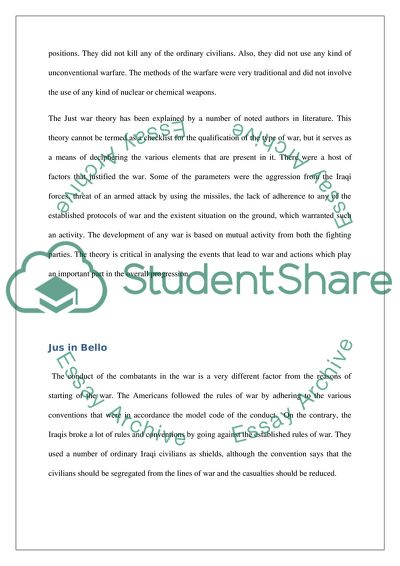Cite this document
(The Second Gulf War and the Intervention into Kosovo Essay Example | Topics and Well Written Essays - 2000 words - 2, n.d.)
The Second Gulf War and the Intervention into Kosovo Essay Example | Topics and Well Written Essays - 2000 words - 2. https://studentshare.org/history/1800201-international-law
The Second Gulf War and the Intervention into Kosovo Essay Example | Topics and Well Written Essays - 2000 words - 2. https://studentshare.org/history/1800201-international-law
(The Second Gulf War and the Intervention into Kosovo Essay Example | Topics and Well Written Essays - 2000 Words - 2)
The Second Gulf War and the Intervention into Kosovo Essay Example | Topics and Well Written Essays - 2000 Words - 2. https://studentshare.org/history/1800201-international-law.
The Second Gulf War and the Intervention into Kosovo Essay Example | Topics and Well Written Essays - 2000 Words - 2. https://studentshare.org/history/1800201-international-law.
“The Second Gulf War and the Intervention into Kosovo Essay Example | Topics and Well Written Essays - 2000 Words - 2”. https://studentshare.org/history/1800201-international-law.


